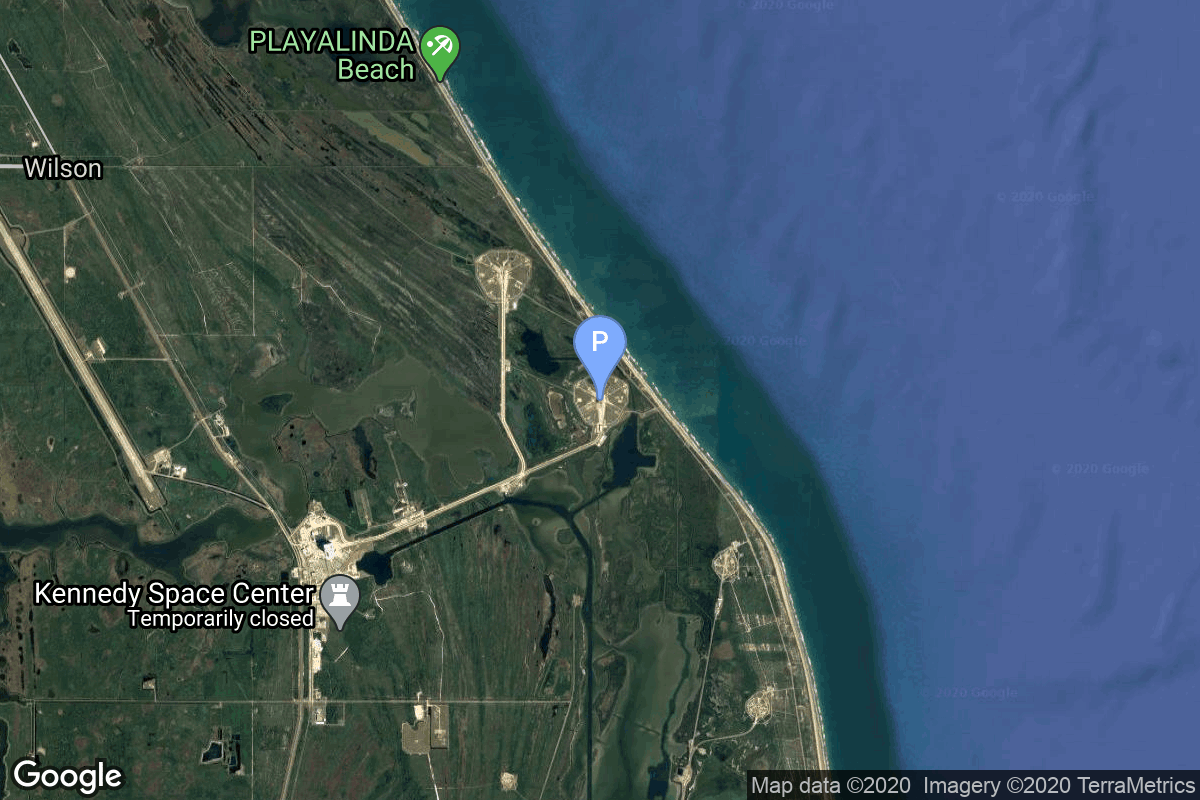
Launch
SpaceX
Falcon 9 Block 5 | IMAP & others
- Mission
- rocket
- Pad
- Agency
Mission
IMAP & others
Heliophysics
Heliocentric L1
IMAP (Interstellar Mapping and Acceleration Probe) is a NASA mission to study interactions between solar wind and the local interstellar medium. Carrying a suite of 10 scientific instruments, IMAP is able to investigate how particles are accelerated, determine their composition, as well as help to advance space weather forecasting models. The IMAP launch also includes the space weather satellite SWFO-L1 (Space Weather Follow-On - L1) for NOAA and the GLIDE (Global Lyman-alpha Imagers of the Dynamic Exosphere/Carruthers Geocorona Observatory) mission to study far ultraviolet emission in the Earth's exosphere.
Status
Launch Successful
The launch vehicle successfully inserted its payload(s) into the target orbit(s).
Pad

Location
America/New_York
Kennedy Space Center, FL, USA
The John F. Kennedy Space Center, located on Merritt Island, Florida, is one of NASA's ten field centers. Since 1968, KSC has been NASA's primary launch center of American spaceflight, research, and technology. Launch operations for the Apollo, Skylab and Space Shuttle programs were carried out from Kennedy Space Center Launch Complex 39 and managed by KSC. Located on the east coast of Florida, KSC is adjacent to Cape Canaveral Space Force Station (CCSFS).
279
0
Location Image

Rocket

Falcon 9 Block 5
Falcon 9 is a two-stage rocket designed and manufactured by SpaceX for the reliable and safe transport of satellites and the Dragon spacecraft into orbit. The Block 5 variant is the fifth major interval aimed at improving upon the ability for rapid reusability.
Details
Min stage: 2
Max stage: 2m
Length: 70.0m
Diameter: 3.65
First Flight: May 11, 2018
Total launch count: 544
Successful launches: 543
Failed launches: 1
Pending launches: 107
Consecutive successful launches: 246
Low Earth Orbit (LEO) capacity: 22800kg
Launch cost: US$52000000
Apogee: 200km
Attempted landings: 535
Successful landings: 530
Failed landings: 5
Consecutive successful landings: 230
Geostationary Transfer Orbit (GTO) capacity: 8300kg
Manufacturer
SpaceX
Commercial
None
None
Agency

SpaceX
Type: Commercial
Details